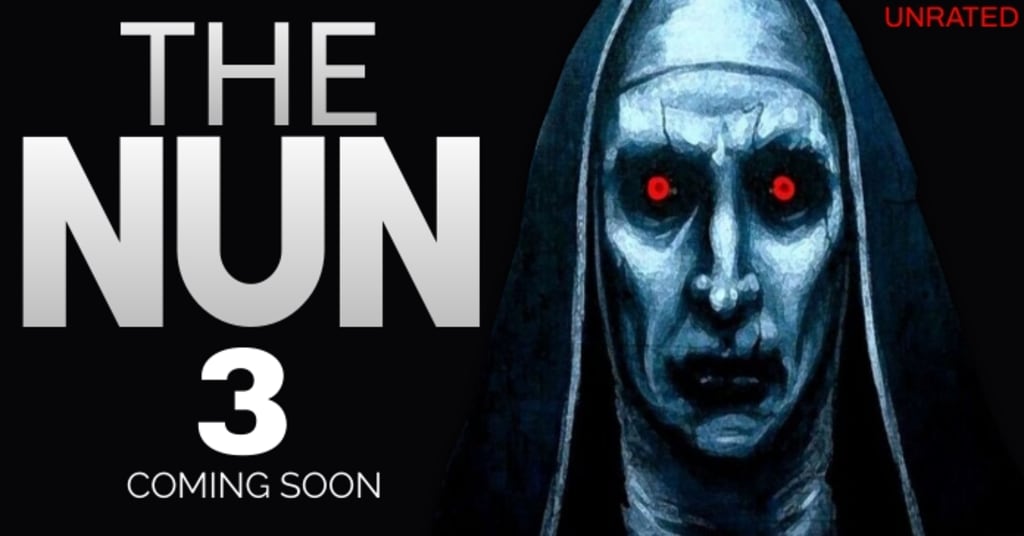
Saltwater (2012), directed by Charlie Vaughn, is a modest, introspective film that explores the aftermath of heartbreak, the complexities of coming out, and the healing power of quiet connection. Set in a sleepy California beach town, the film centers on Will (Ronnie Kerr), a former Marine and aspiring writer who finds himself drifting—emotionally and professionally—after a painful breakup with his closeted boyfriend.
At its core, Saltwater is a character study—gentle and deliberately paced. Will, struggling to make ends meet and still nursing emotional wounds, finds unexpected companionship in Josh (Ian Roberts), a charming British ex-pat who challenges Will’s guardedness. Their evolving relationship provides the emotional arc of the story, shifting Saltwater from melancholy to something hopeful.
The film doesn’t rely on dramatic twists or political messaging—instead, it quietly explores themes of emotional isolation, internalized shame, and queer resilience. Will’s reluctance to move on is as much about personal trauma as it is about the legacy of silence often imposed on queer relationships, especially for those who come from conservative or military backgrounds.
Ronnie Kerr gives a grounded, vulnerable performance, carrying much of the emotional weight of the film. His portrayal of Will feels honest—broken but not helpless, lonely but still capable of love. Ian Roberts brings lightness and warmth to Josh, offering just the right amount of charm to balance Will’s moodier presence. Their chemistry isn’t explosive, but it’s believable, which fits the tone of the film.
The setting itself—sun-bleached beaches, small cafés, and quiet apartments—mirrors the emotional landscape: serene on the surface, but hiding deeper tides. The cinematography is simple and low-budget, but effective in conveying the film’s reflective mood.
Saltwater isn’t groundbreaking, but that’s part of its charm. It feels like a personal story—a film made with empathy for queer people trying to rebuild after loss, rejection, or years of living in the shadows. It’s also notable for centering older gay men and the experience of navigating life post-closet, post-breakup, and post-trauma, which is still a rarity in LGBTQ+ cinema.

In an imagined sequel, Saltwater: Drift, Will and Josh have been living together for a few years. While life appears stable on the surface, cracks begin to show when Will is offered a major book deal—one based on his life with his ex. The past returns in waves, and Josh struggles with the feeling of being written out of Will’s emotional story.
Meanwhile, a young queer veteran enters their lives, reminding Will of who he used to be—and forcing him to reckon with how much of himself he’s still hiding. Set again in the coastal town, but during an off-season when tourists are gone and silence lingers, the sequel would explore what happens when love is tested not by heartbreak, but by healing.
Drift would be less about romance and more about permanence, legacy, and the quiet endurance of love after the first spark has faded.


